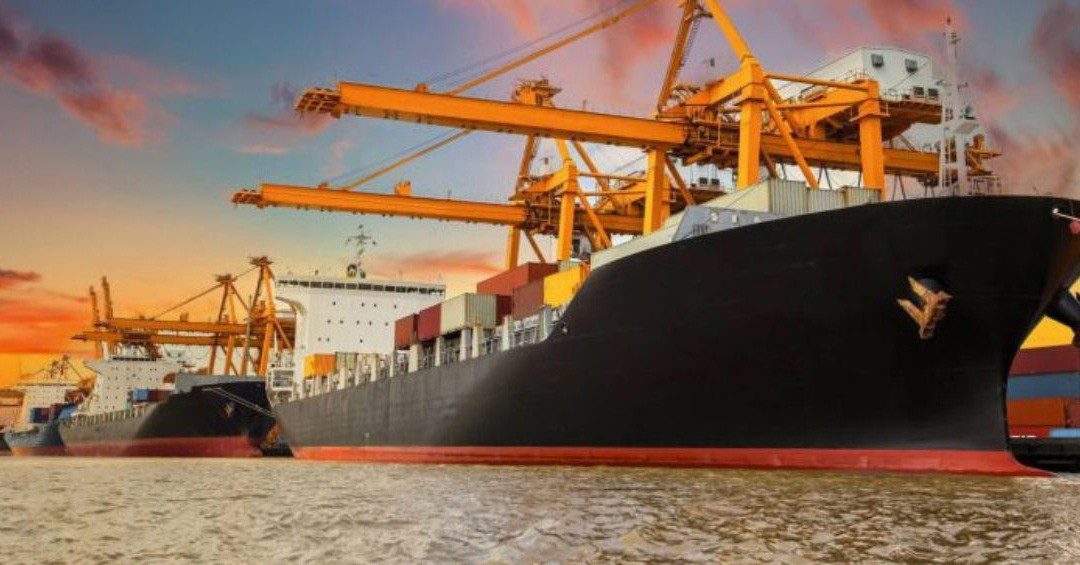Left: Prof. Lynn Loo, Chief Executive Officer, Global Centre for Maritime Decarbonisation
The Global Centre for Maritime Decarbonisation (GCMD) has teamed up with NYK Line to launch Project LOTUS (long-term impact of continuous use of biofuels on vessel operations). This six-month project will trial the continuous use of a biofuels blend comprising 24% Fatty Acid Methyl Esters (FAME) and very low sulphur fuel oil (VLSFO) onboard a short-sea vehicle carrier that will call at multiple ports. The use of a vessel plying short-sea routes will allow regular access to fuels stored onboard for sampling and testing during frequent port calls.
FAME, a readily available biofuel derived from second-generation feedstocks like used cooking oil and palm oil mill effluent, presents a promising fuel alternative for immediate GHG emissions reduction in the shipping industry. While its compatibility with existing engines and bunkering infrastructure makes it an attractive “drop-in” green fuel, concerns about the impact of its extended use on vessel operations remain.
Unlike conventional marine fuels, one of the challenges with FAME is that it can be more susceptible to chemical degradation and microbial growth. These by-products can corrode shipboard engine systems / or clog fuel delivery systems.
As a preventative measure, engine Original Equipment Manufacturers (OEMs) and classification societies have recommended increasing the frequency of maintenance when using biofuels and their blends compared to conventional marine fuels.
Despite a promising surge in biofuel bunkering volumes at key hubs, like Singapore and Rotterdam, with sales rising from negligible levels in 2020 to 1 million MT in 2023, their use still only represents 1.7% of total bunker sales at these hubs. With stricter regulations in force, the use of biofuels in shipping is likely to rise significantly in the coming years. To fully understand the opportunity FAME presents to the shipping sector, a thorough investigation of the impact on its long-term use and an evaluation of the total cost of adoption is critical.
The past decade has seen trials of various biofuels onboard vessels, primarily focused on their combustion characteristics and the extent of emissions reduction. Data on the impact of long-term and continuous use of biofuels on engine performance and fuel delivery system operations remain limited.
Project LOTUS aims to address this knowledge gap by establishing industry guidelines for monitoring engine and equipment performance when using biofuels. This pilot will also evaluate the total cost of ownership of using biofuels, covering the cost of fuel and additional maintenance costs associated with its use. It will also identify potential challenges, e.g., corrosion of engine systems and valve failures, related to continuous biofuel use and recommend mitigation strategies.
The quantitative findings from Project LOTUS offer an opportunity to contribute complementary real-world data to the upcoming revision of ISO 8217:2024, which includes specifications for a wider range of FAME-based blends up to B100.
Further, these learnings will be crucial for shipowners and operators considering biofuel use to meet vessel compliance with regulations, like the Carbon Intensity Indicator (CII) and the FuelEU Maritime Standards.
Scope of the pilot and industry participation
Project LOTUS will be conducted with the appointed vessel under commercial operations to capture real-world challenges and ensure that the learnings are extensible to the industry. The pilot will involve comprehensive tracking of fuel quality and lubricant efficacy and monitoring engine and fuel delivery system performance over the trial.
Leveraging its experience from three successful supply chain trials with four vessels for its drop-in green fuel assurance framework, GCMD will lead Project LOTUS in collaboration with industry partners. NYK Line, a co-sponsor, will contribute to the vessel and manage fuel procurement. VPS will handle fuel and lube oil analyses, and Gard will support GCMD as an insurance and risk assessment consultant for the project.
Professor Lynn Loo, CEO of GCMD, declared,“Project LOTUS will provide valuable insights into how extended biofuel use affects engine performance and shipboard operations. This knowledge will empower stakeholders across the ecosystem, from shipowners and charterers to biofuels producers and regulators – to make more informed business and policy decisions. Ultimately, this pilot will lead to greater confidence for biofuels use at scale, accelerating progress towards decarbonising the maritime industry.”
Nobuhiro Kashima, Senior Managing Executive Office of NYK Line, commented,“We released the “NYK Group Decarbonization Story” in November 2023, declaring a new target to reduce the NYK Group’s GHG emissions by 45% from the fiscal 2021 level by fiscal 2030. To achieve this goal, from fiscal 2024 we started conducting full-scale trials of the long-term use of biofuels in navigating existing heavy oil-powered vessels. We are delighted to launch Project LOTUS together with reliable partners, like GCMD. We believe the knowledge gained through this project will help us achieve our GHG reduction targets and eventually contribute to the decarbonisation of the maritime industry.”





